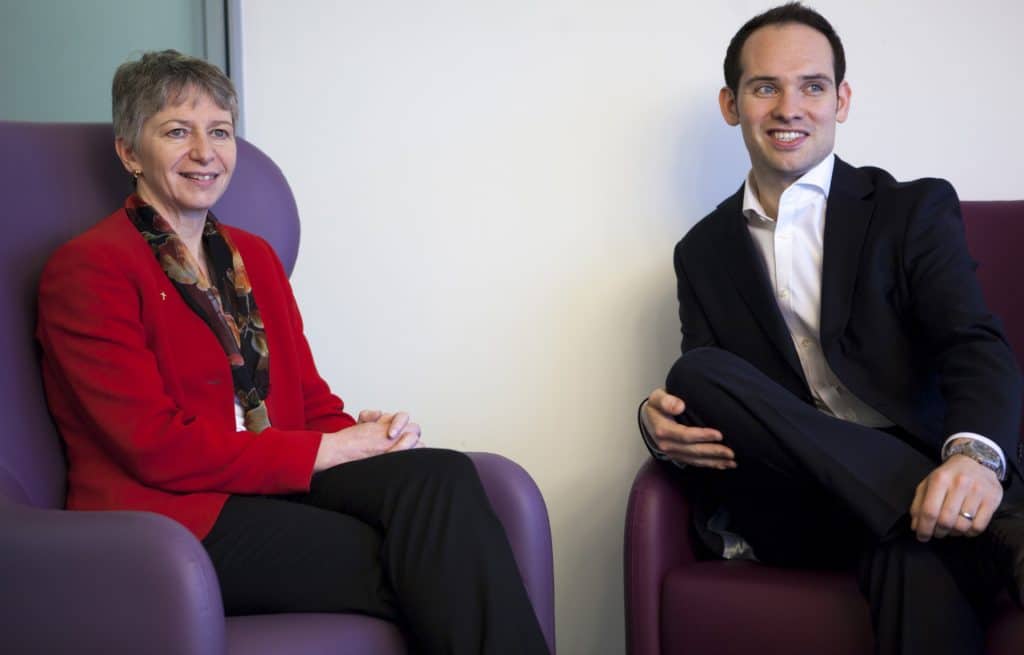
What is a trust and why do I want one?
Monday 26th April 2021
Trusts are widely misunderstood and many people believe they are only for the very wealthy, but it is likely you will already have come into contact with trusts in one form or another without realising it.
For example, one of the most common forms of trust under English law is the joint ownership of land or property, because English law states that when two or more people own land or property, they hold it “on trust”, even though they probably hold it “on trust” for themselves, so that the trustees and the beneficiaries are the same people.
Trusts are in principle a very simple concept, and include almost any arrangement where one person holds money or property for the benefit of someone else. There different types of trusts, but the main ones are:
- Discretionary trust – here the trustees have complete discretion to decide how and when to distribute the income and capital of the trust fund amongst the beneficiaries.
- Interest in possession trust (sometimes called a life interest trust) – here there is at least one person who is entitled to receive the income of the trust fund, or to occupy a property held in the trust.
- Bare trust – which isn’t really a trust at all because the beneficiaries of a bare trust are the true owners of the trust fund. A common example is when a parent or grandparent opens a savings account for a child. The money in the account really belongs to the child and when the child reaches 18 s/he will be able to insist on having access to the money.
Trusts are used in many circumstances, and for many different reasons. They are often used in estate planning, for example, to pass assets down to future generations, even if the intended beneficiaries are too young to hold the assets themselves, or are not yet even born. Pensions and life insurance policies are often held in trust to avoid the proceeds being taxed on the death of the policyholder. They are also particularly useful for the protection of assets from claims arising on divorce or bankruptcy, or from poor financial management by the intended beneficiary.
The important thing is to get the right advice when choosing a trust. You need to be sure that the trust will achieve your aims, even if circumstances change in the future, and you need to understand the tax implications, for you, for the trust itself and for the beneficiaries.
At Gordons we provide expert advice on all aspects of trusts: to explain when and why a trust might be suitable for you, guide you through the various choices to right one, help set it up and then advise and assist the trustees on running the trust in the future. As solicitors, not only can we advise on any legal issues that may arise, but we are also able to deal with the accounting aspects of running a trust, such as the preparation of trust accounts and completion of tax returns.
If you would like to know more about setting up a trust, or if you have a trust and need advice about it, please contact Diana Smart below.


